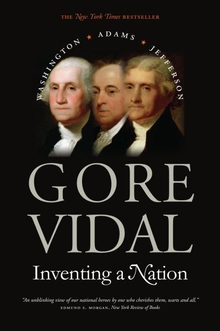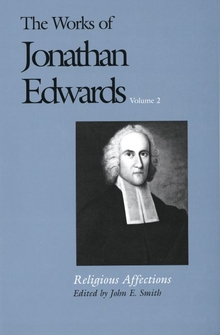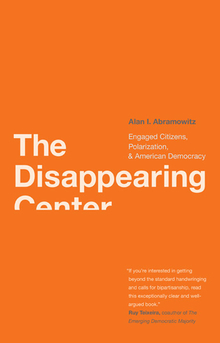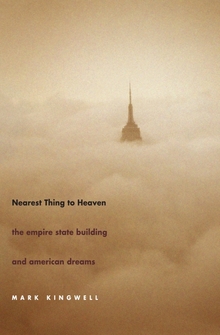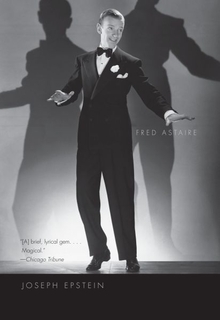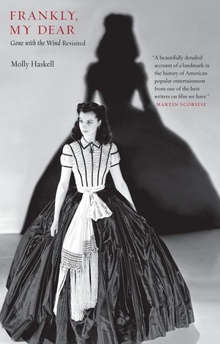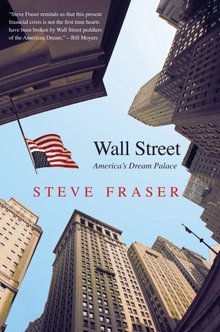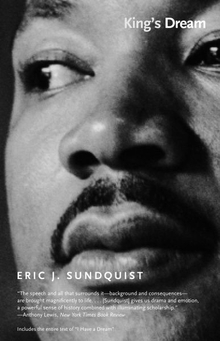Inventing a Nation
WARNING
You are viewing an older version of the Yalebooks website. Please visit out new website with more updated information and a better user experience: https://www.yalebooks.com
Washington, Adams, Jefferson
Gore Vidal
“Trust Gore Vidal to teach us things we never learned in school. In Inventing a Nation, his quick wit flickers over the canonical tale of our republic’s founding, turning it into a dark and deliciously nuanced comedy of men, manners, and ideas.”—Amanda Heller, Boston Globe (Sunday)
"Entertaining and enlightening. . . . A must for buffs of American civilization and its discontents."—Booklist
Gore Vidal, one of the master stylists of American literature and one of the most acute observers of American life and history, turns his immense literary and historiographic talent to a portrait of the formidable trio of George Washington, John Adams, and Thomas Jefferson. In Inventing a Nation, Vidal transports the reader into the minds, the living rooms (and bedrooms), the convention halls, and the salons of Washington, Jefferson, Adams, and others. We come to know these men, through Vidal’s splendid and percipient prose, in ways we have not up to now—their opinions of each other, their worries about money, their concerns about creating a viable democracy. Vidal brings them to life at the key moments of decision in the birthing of our nation. He also illuminates the force and weight of the documents they wrote, the speeches they delivered, and the institutions of government by which we still live. More than two centuries later, America is still largely governed by the ideas championed by this triumvirate.
Gore Vidal, novelist, essayist, and playwright, was one of America’s great men of letters. His many books include United States: Essays 1951-1991 (winner of the National Book Award), Burr: A Novel, and Lincoln.
A selection of Readers' Subscription
"Vidal assumes . . . an insider's knowledge to present an intemate view of the founding of the American republic. . . . [He] assumes a conversational tone in describing the Founding Fathers and the complex political struggles of the 1790s. . . . His is a gossipy account not of marble figures on monuments but of flesh-and-blood human beings who engaged in personal and political battles."—Francis D. Cogliano, Journal of the Historical Association
Publication Date: August 11, 2004

